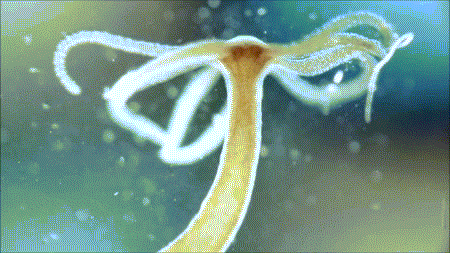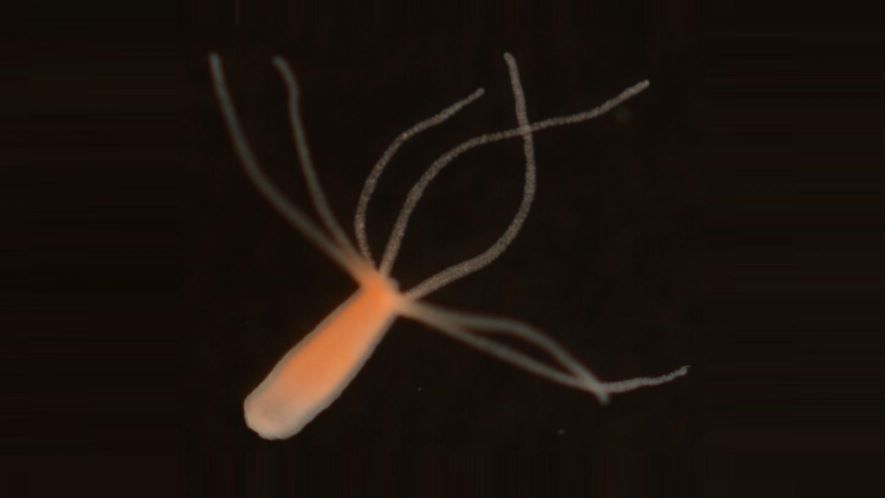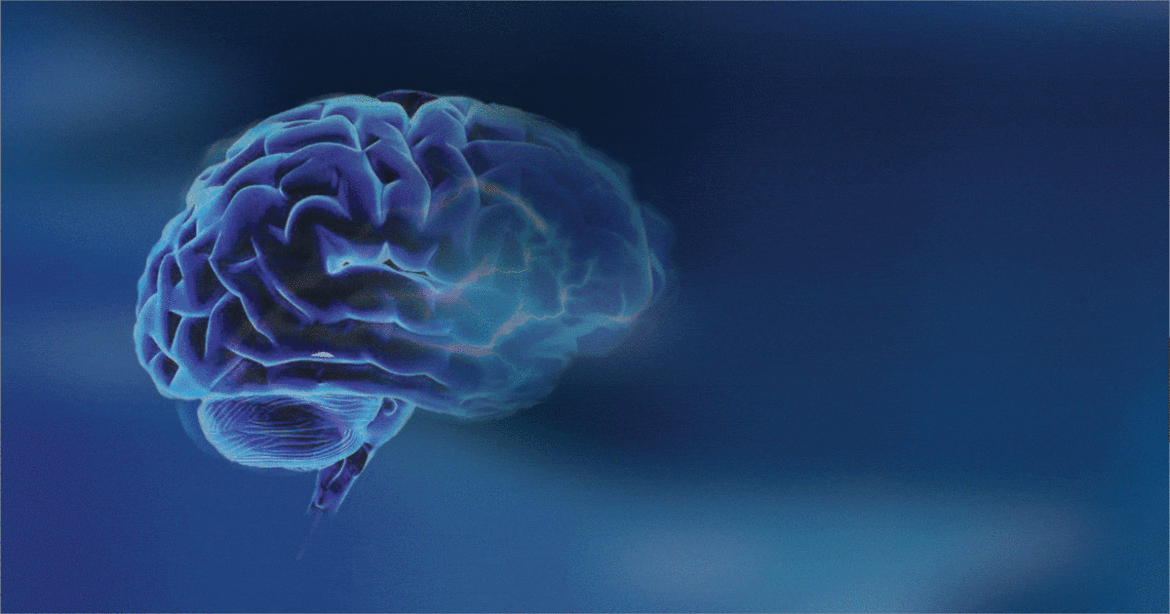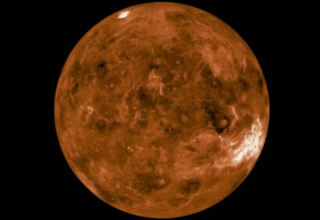“Our brains need sleep to work properly. But it turns out you don’t need a brain to sleep.“
Researchers identified a sleep-like state in a tiny, brainless animal called a hydra.

The following written content by Rachael Rettner
Our brains need sleep to work properly. But it turns out you don’t need a brain to sleep.
In a new study, researchers identified a sleep-like state in a tiny, freshwater animal called a hydra, which has a simple anatomy and lacks a brain.
“We now have strong evidence that animals must have acquired the need to sleep before acquiring a brain,” study lead author Taichi Q. Itoh, an assistant professor at Kyushu University in Japan, said in a statement.
The study, recently published in the journal Science Advances, has implications for our understanding of the reason the need for zzzs evolved.
Sleep is near universal in the animal kingdom, seen in humans and all mammals, as well as in insects and even roundworms. However, all these creatures have some form of central nervous system, or brain, and so scientists didn’t know whether the evolution of sleep preceded that of brains, or vice versa.
Jellyfish, a relative of hydras that also lack a brain, have also demonstrated sleeplike behavior, Live Science previously reported. But the new study adds to these findings by showing that hydras not only sleep but also respond to the same molecules that regulate sleep in humans and other advanced animals.
“Based on our findings and previous reports regarding jellyfish, we can say that sleep evolution is independent of brain evolution,” Itoh said.
For the study, the researchers used a video-recording system — essentially a “hydra cam” — to monitor the hydras’ movement and determine whether they had entered a sleeplike state, or a state of reduced movement that could be disrupted with a flashlight.
They found that hydras had cycles of active and sleep states that lasted about four hours each.
What’s more, disrupting the hydras’ sleep state, with vibrations or temperature changes, resulted in signs of sleep deprivation — for example, the hydras needed to sleep longer afterwards, and showed reduced cell growth.
The researchers also exposed the hydras to chemicals involved in sleep regulation in people, including melatonin and the neurotransmitter, or brain chemical called GABA. Exposure to both of these chemicals increased sleep activity in the hydras. Read more from Live Science
.






